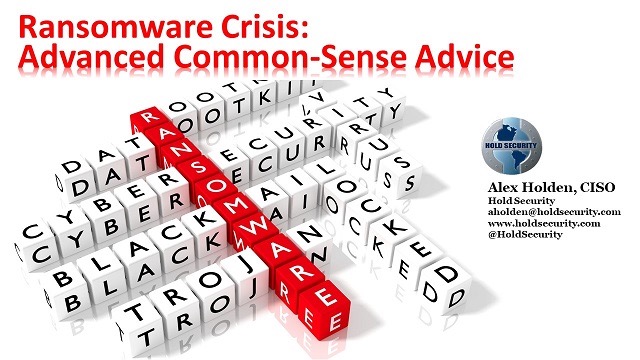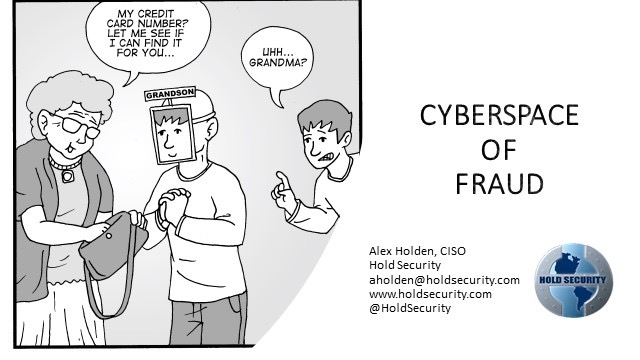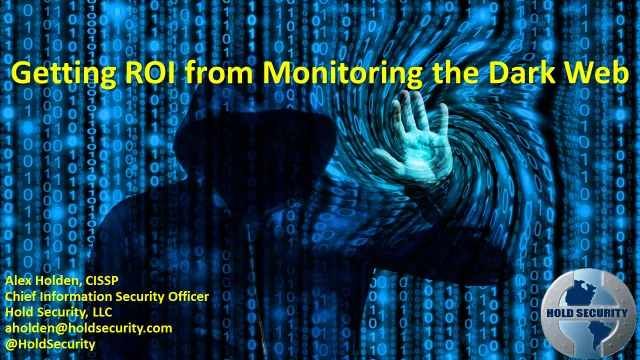
Is it enough to be preoccupied with monitoring our perimeter and fending off attacks against our systems? No! This focus overlooks the root cause of these attacks originating from the Dark Web, where malicious actors congregate. By intelligently monitoring the Dark Web, we can strengthen our defenses and better address the evolving threats. It’s crucial to extend our vigilance beyond our own organization and encompass our supply chain and cloud by gaining visibility into the Dark Web.
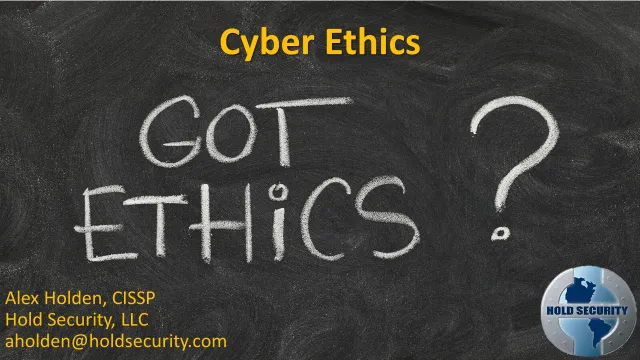
One may argue that the difference between a cyber security professional and a cyber criminal is a set of ethical beliefs. Over time our ethics change for the best, but we also get tested by circumstances. Is it ethical to pay ransom? Is it ethical to disclose a vulnerability? Are all pen tests ethics correct? In this presentation we will dive into modern challenges with ethics in cyber security.
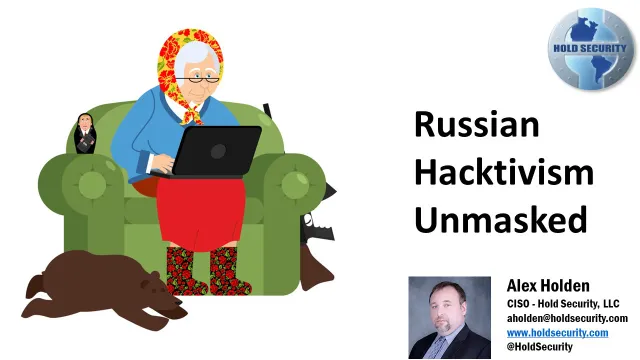
Before the war in Ukraine if a large group of hackers would attack US financial systems, military suppliers, airports, or healthcare providers, this type of an event would basis for a serious conflict and sanctions. Yet, over the past year these events became normal with little coverage and advice from law enforcement to brace for
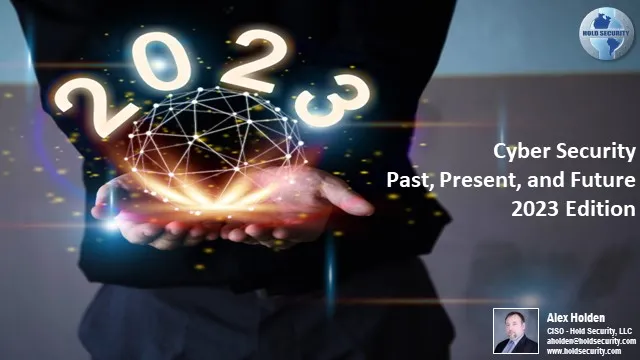
At the beginning of the year, many people make their predictions of what the new year would bring to cyber security, and usually they are more wrong than right. In this presentation, we will try to look at the past and present to predict the future. While we still won’t be able to predict everything, we can rely on history to predict what tomorrow would bring. We will focus on ransomware reality, cyber warfare, vulnerabilities, and technology advancements, as well as AI and quantum computing.

In light of the current war escalated by Russia against Ukraine, the cyber threat landscape is taking a significant change. Join me to discuss the following topics as the situation intensifies. Change of general threat landscape For-profit Dark Web commerce changes Hacktivism flares and setbacks Cyberwarfare impact and expectations Disinformation and war-profiteering. We will also try to answer audience questions based on available intelligence.
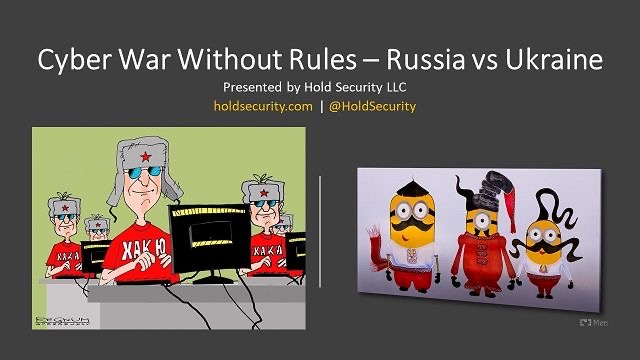
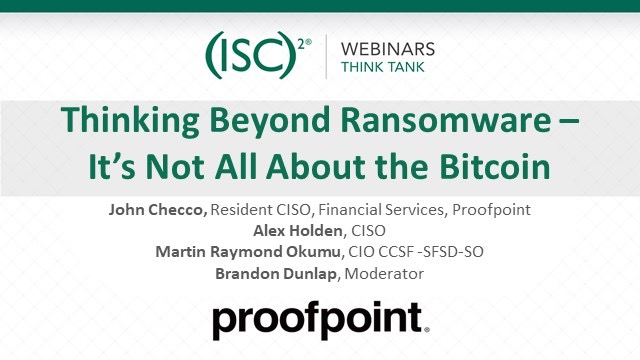
In a previous (ISC)2 webcast, we had a speaker say that organizations should look at ransomware “as an inevitable event or incident”. Ransomware attacks not only hit companies financially, but can impact their data, access and operations. And it has a ripple effect as we’ve seen disruptions in supply lines for fuel, utilities, food supply and other supply chains. Organizations need to focus on not just their security and threat awareness for their employees and partners, but also building resiliency and reducing unnecessary access.

